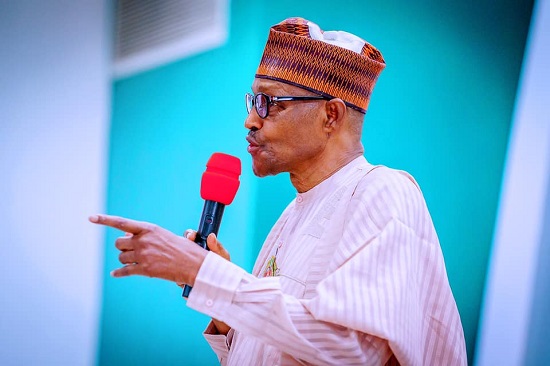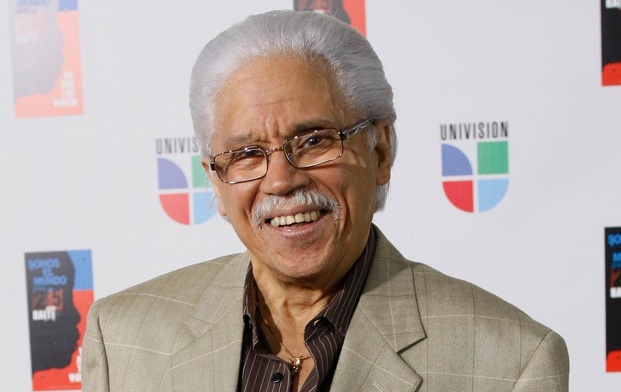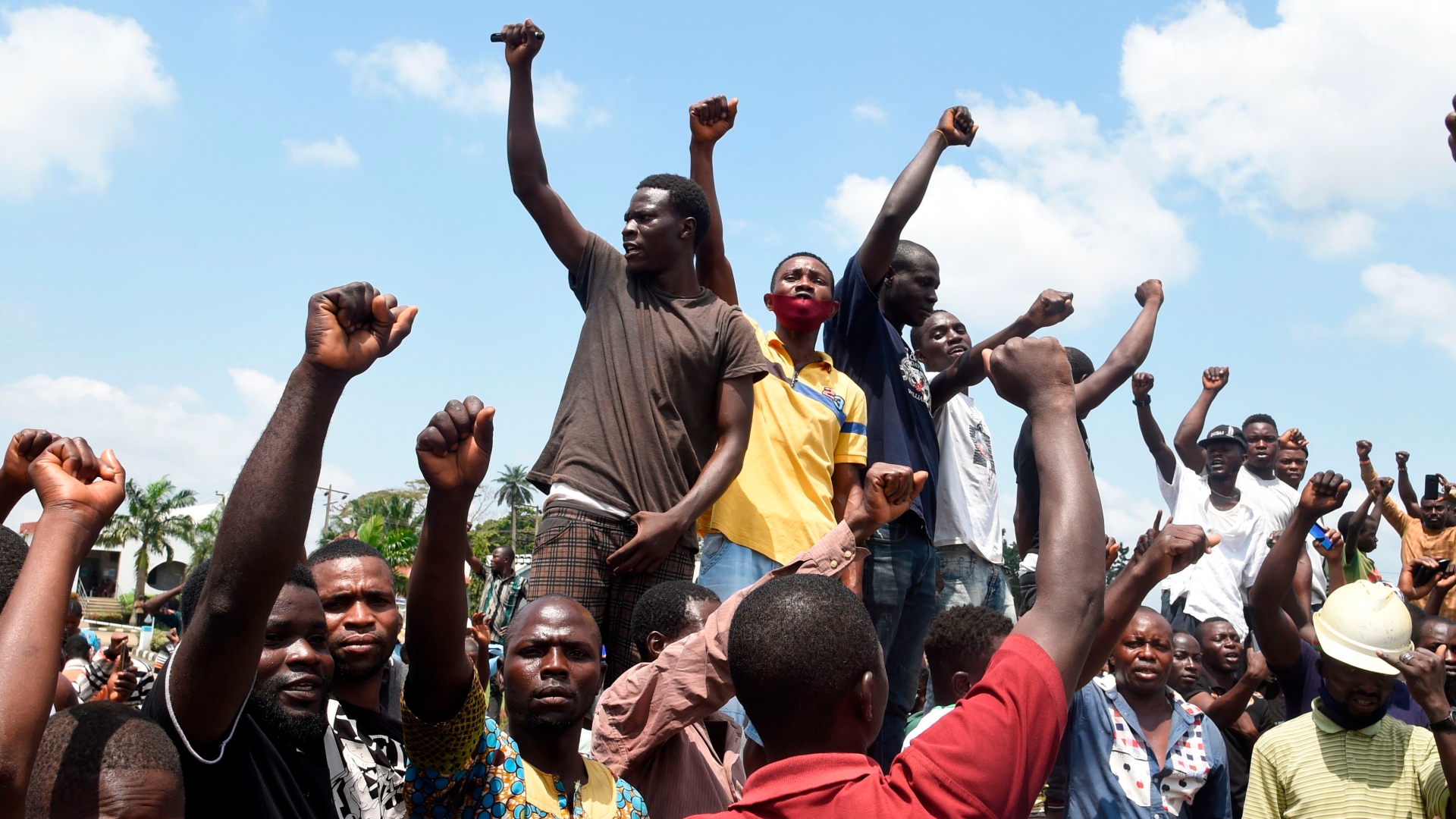On February 5, the Central Bank of Nigeria shocked many Nigerians by directing all financial institutions to close accounts of persons involved in cryptocurrency transactions.
Cryptocurrencies, or virtual currencies, are digital means of exchange created and used by private individuals or groups. Most cryptocurrencies are considered alternative currencies because they not regulated by national governments and exist outside the bounds of state monetary policy.
At the time, the CBN argued that unregulated and unlicensed entities issue cryptocurrencies and there are risks of “loss of investments, money laundering, terrorism financing, illicit fund flows and criminal activities”.
The CBN also said the directive was not a new restriction rather, a reiteration of its previous stance.
Advertisement
So far, the ban has been generating reactions from Nigerians, especially among the youth and some stakeholders in the country.
Many Nigerians have accused the government of trying to impoverish youths who are creating wealth through crypto trading and making the business environment unbearable fro tech startups.
Speaking with TheCable, Olawale Adebimtan, a crypto trader, said the policy might lead to the death of some fintech companies given that digital currency is the “in thing”.
Advertisement
“A lot of Nigerians invest money in the cryptocurrency industry, especially Fintechs where people can meet and easily buy and share cryptocurrency and because these platforms are there; you will need human resources to take care of them; customer service, representatives and the likes,” he said.
“In the light of the recent ban, most of those companies won’t see much inflow. The fees charged are what these organisations use to sustain themselves aside from trading or taking advantage of the fluctuations.
“So it is possible that most of these companies will lay off some of their staff thereby raising the unemployment level in Nigeria.”
Reacting to the policy, Atiku Abubakar, former vice president, said the government should prioritise job creation and opening the economy rather than introduce policies that will restrict the inflow of capital into the country.
Advertisement
Oby Ezekwesili, former minister of education, also said the ban makes Nigeria appear unprepared for the digital future.
WILL CBN’S DIRECTIVE AFFECT CRYPTO TRADING IN NIGERIA?
For some who are engaged in the business, the CBN has not outrightly banned dealing in cryptocurrencies, Nigerians are still at liberty to deal in crypto but not through licensed financial institutions.
Dealers can still make transactions outside the banking system through peer-to-peer exchanges.
Advertisement
For Sunkanmi, a crypto trader based in Lagos, the CBN directive has only been able to stop a process. He does not believe the ban has an adverse effect on crypto trading.
Sunkanmi, who has been in the business for over a decade said rather, the ban will boost peer-to-peer trading.
Advertisement
Here, users interact directly with each other. He noted that scams can be reduced in P2P via the use of escrow accounts as trusted parties. He described the escrow account as a third party that holds funds in trust while the buyer and seller complete their transaction. If one of the parties fails to deliver, then the funds are returned to the buyer.
“The CBN directive will bring more customers into peer-to-peer exchange which is not difficult. I handle peer-to-peer and we have different platforms we use for that. So on that their argument about protecting Nigerians from scam, I don’t think it can be evaded completely” he said.
Advertisement
“There is Remitano and local bitcoin. These platforms’ mode of business is strictly P2P. Here, sellers and buyers connect and register on the platforms; they both dictate their rates, that is, the transaction is between them. The platform only gets 0.1 or 0.2 percents of transactions carried out on their sites. They don’t have a hand in your transaction, they are only there to bring the transactors together.
“After paying, there is something called escrow account where the money is held until payment has been confirmed. Then the coins are released to the buyer.”
Advertisement
Iniobong Williams, a crypto analyst and lead mentor of Willywealth Masterclass, said the CBN’s directive will make it a bit difficult for Nigerians to take advantage of the emerging market but added that cryptocurrency trading is unstoppable.
“It doesn’t affect the market or trading, it is just the access. It was easier when we were doing business with the banks but now, the only access left for us in the industry is peer-to-peer exchange.
“Like 10 minutes, your account has been funded, and because the banks were providing liquidity, it was also easy to make the markets move because there was more money in the market.
“The bottom line is it doesn’t affect the trading or the CBN will have to virtually block everybody’s account then. In peer-to-peer, you can still be scammed but you have to deal with trusted people. The solution is to be on trusted escrow groups to prevent scams.”
HOW CAN NIGERIA BENEFIT FROM CRYPTOCURRENCY TRADING
Williams said Nigeria could leverage crypto trading for economic development through revenue generation.
He said the federal government can regulate the sector by taxing funds generated either through withdrawals, deposits or profits of exchangers.
Also, noting that although one of CBN’s arguments is to protect Nigerians from scams and that the crypto industry is unregulated, he said the government can still achieve this because you register with your BVN, for instance, on Binance which is the largest exchange.
He said on the platform, you are not a faceless trader and in cases of fraud, culprits “can be easily traced”.
“Nigeria can benefit from crypto trading. The CBN could have come together with stakeholders, structure modalities on how they can benefit from the Industry. The US government is heavily benefitting from the cryptocurrency market. Look at the largest exchange in the world which is Binance, for example, they had to create a separate platform for US citizens so they have Binance US,” William said.
“That is because the US government wanted to protect each citizen against several things from the market and they also wanted to tax that market. It is a huge market. If you decide that over four to ten billion naira transactions every day.. Nigerians are among the top five in terms of traffic on Binance, that shows that a lot of Nigerians are transacting to the tune of billions.
“So, instead of the CBN to look at just one aspect, why not look for a way to tax that inflows? Imagine taxing transactions worth N4 billion daily. The CBN can tax deposits, withdrawals, profits and that would be huge revenue for the government instead of borrowing money.
“Now, these exchangers declare huge profits annually, quarterly and these exchangers charge heavy fees. For example. If I want to send bitcoin from Binance from another of my wallet, it will cost about $20. The government can actually be on the lookout for every transaction.”
Add a comment






